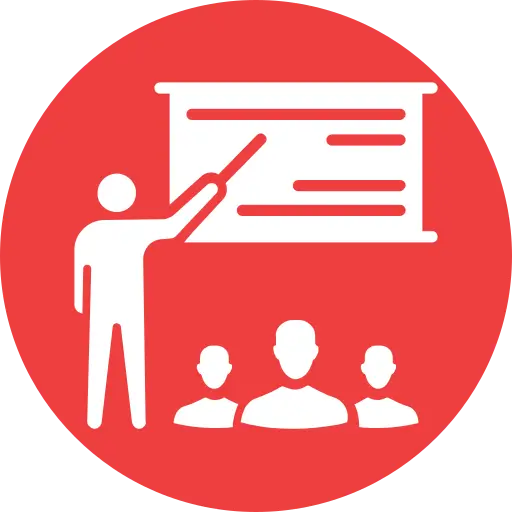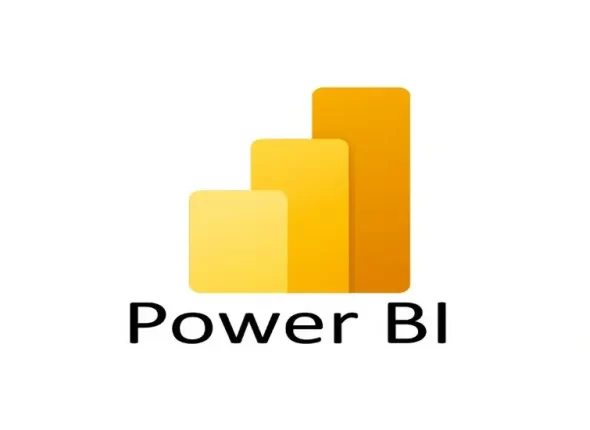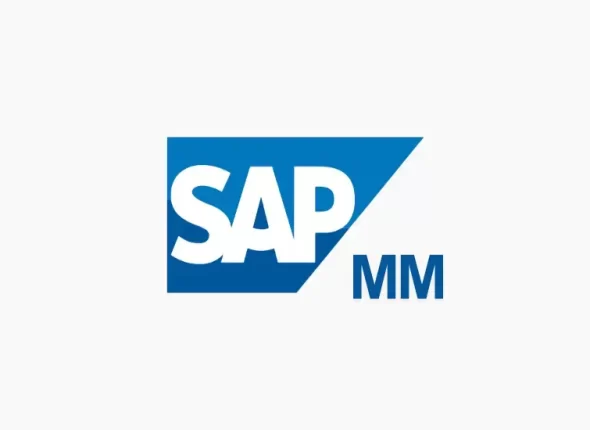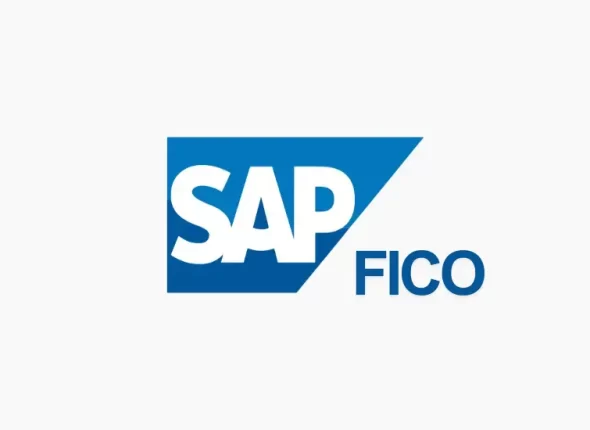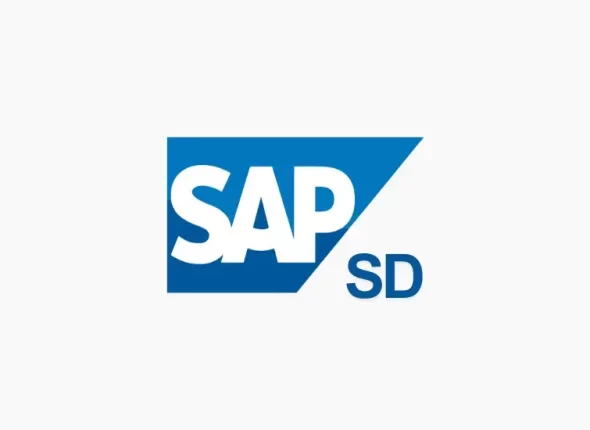Course description
Cubic Academy’s Digital Marketing course is designed to equip you with in-demand skills to thrive in the digital world. Learn SEO, social media marketing, content creation, Google Ads, email marketing, and analytics through hands-on projects led by industry experts. Build and optimize websites, craft winning strategies, and master tools like Google Analytics, WordPress, and HubSpot.
Whether you’re a fresher, entrepreneur, or marketing professional, this course offers personalized attention, lifetime access to resources, and job placement support to kickstart your career. Join us in Mumbai or online and become a digital marketing pro!
Key Components
Search Engine Optimization (SEO)
-Definition: The practice of optimizing websites to rank higher on search engine results pages (SERPs) to increase organic (non-paid) traffic.
-Techniques: On-page SEO (keyword optimization, meta tags, content quality), off-page SEO (backlinks, social signals), and technical SEO (site speed, mobile-friendliness).
Content Marketing
-Definition: Creating and distributing valuable, relevant content to attract and engage a target audience, ultimately driving profitable customer action.
-Formats: Blog posts, articles, infographics, videos, eBooks, whitepapers, and podcasts.
Social Media Marketing
-Definition: Using social media platforms to promote products, services, and brand awareness.
-Platforms: Facebook, Instagram, Twitter, LinkedIn, Pinterest, and TikTok.
-Strategies: Content creation, community engagement, influencer partnerships, and paid social advertising
Pay-Per-Click (PPC) Advertising
-Definition: A model of internet marketing where advertisers pay a fee each time their ad is clicked. It’s a way to buy visits to your site rather than earning them organically.
-Platforms: Google Ads, Bing Ads, and social media platforms like Facebook Ads and LinkedIn Ads.
Email Marketing
-Definition: Using email to send advertisements, request business, or solicit sales or donations. It involves building a list of email subscribers and sending targeted messages.
-Techniques: Newsletters, automated campaigns, personalized emails, and transactional emails.
Affiliate Marketing
-Definition: A type of performance-based marketing where a business rewards affiliates for each customer brought by the affiliate’s marketing efforts.
-Methods: Influencer partnerships, product reviews, and affiliate networks.
Influencer Marketing
-Definition: Collaborating with influencers—individuals with a large and engaged following on social media—to promote products or services.
-Benefits: Leveraging influencers’ trust and relationship with their audience to enhance brand credibility and reach.
Online Public Relations (PR)
-Definition: Managing a brand’s online presence and reputation through digital media, including securing online coverage from blogs, websites, and social media.
-Strategies: Press releases, outreach to online publications, and engaging with online communities.
Key Features of Our Course
• Live Projects: Hands-on experience with real campaigns.
• Industry Experts: Learn from professionals with years of experience.
• Small Batches: Get personalized attention and mentorship.
• Lifetime Access: Access to course materials for continuous learning.
• Placement Support: Assistance in landing your dream job.
Who Can Join?
• Freshers looking for a career in Digital Marketing
• Entrepreneurs wanting to grow their businesses online
• Marketing professionals aiming to upgrade their skills
• Freelancers exploring new opportunities
Why Choose Cubic Academy?
• Comprehensive curriculum covering all aspects of Digital Marketing
• Affordable fees with EMI options available
• Based in Mumbai with flexible online and offline classes
• Focused on making you job-ready from day one
Conclusion
Digital marketing is an essential strategy for businesses aiming to connect with consumers in the digital age. By leveraging SEO, content marketing, social media, PPC, email marketing, and other digital channels, businesses can enhance their online presence, drive traffic, and achieve their marketing goals. The dynamic and data-driven nature of digital marketing makes it a powerful tool for building brand awareness, generating leads, and fostering customer loyalty.
1. Introduction to Digital Marketing
- What is Digital Marketing?
- Evolution: Traditional to Digital Marketing
- Importance of Digital Marketing in today’s world
- Career opportunities in Digital Marketing
- Current trends and future scope
2. Website Planning and Development
- Understanding the basics of websites
- Choosing the right domain and hosting
- Building a website with WordPress
- Basics of UI/UX for better website performance
- Mobile-friendly designs and optimization
3. Search Engine Optimization (SEO)
- SEO basics: How search engines work
- On-page SEO: Keywords, meta tags, and content optimization
- Off-page SEO: Backlink strategies and guest blogging
- Technical SEO: Site speed, indexing, and schema
- Local SEO: Google My Business optimization
- Tools: Google Search Console, SEMrush, Ahrefs
4. Content Marketing
- Importance of content in Digital Marketing
- Creating engaging and relevant content
- Blogging for business growth
- Video content strategy for platforms like YouTube
- Copywriting techniques for ads, emails, and web pages
- Storytelling: Creating emotional connections with your audience
5. Social Media Marketing (SMM)
- Understanding different social media platforms
- Facebook, Instagram, LinkedIn, Twitter, and YouTube strategies
- Social media content planning and scheduling
- Paid advertising: Facebook Ads and Instagram Ads
- Community management and social media listening tools
- Influencer marketing and partnerships
6. Search Engine Marketing (SEM)
- What is SEM, and why is it important?
- Google Ads: Creating successful campaigns
- Keywords: Match types, negative keywords, and bidding strategies
- Display advertising and retargeting
- Performance tracking: Understanding Quality Score and ROI
7. Email Marketing
- Building and managing an email list
- Writing compelling email content
- Email campaign automation tools
- Personalization and segmentation for better results
- Analyzing email campaign performance
8. Analytics and Data Interpretation
- Introduction to Google Analytics
- Setting up tracking and analyzing website traffic
- Understanding user behavior and creating reports
- Conversion tracking for campaigns
- Tools: Google Tag Manager, Hotjar
9. Mobile Marketing
- Importance of mobile in Digital Marketing
- SMS marketing and push notifications
- Mobile-friendly websites and AMP (Accelerated Mobile Pages)
- App marketing and app store optimization (ASO)
10. Affiliate and Influencer Marketing
- Basics of affiliate marketing
- Choosing the right affiliate platforms
- Collaborating with influencers for effective campaigns
Measuring and optimizing affiliate performance
11. Online Reputation Management (ORM)
- Monitoring your brand’s online presence
- Managing customer reviews and feedback
- Crisis management strategies
- Tools for reputation management
12. Marketing Automation and CRM
- What is marketing automation?
- Tools like HubSpot, Mailchimp, and Zoho CRM
- Automating lead generation and email campaigns
- Managing customer relationships for long-term success
13. E-commerce Marketing
- Setting up and running an online store
- Product listing optimization
- Tools like Shopify, WooCommerce, and Magento
- Strategies for increasing conversions and reducing cart abandonment
14. Legal and Ethical Aspects of Digital Marketing
- Understanding data privacy laws (GDPR, CCPA)
- Ethical practices in Digital Marketing
- Avoiding copyright and plagiarism issues
- Ensuring compliance with advertising guidelines
15. Capstone Project
- Develop a complete Digital Marketing strategy for a real-world business
- Create and run campaigns across multiple platforms
- Present your project for peer and instructor feedback
- Build a professional portfolio for job opportunities




